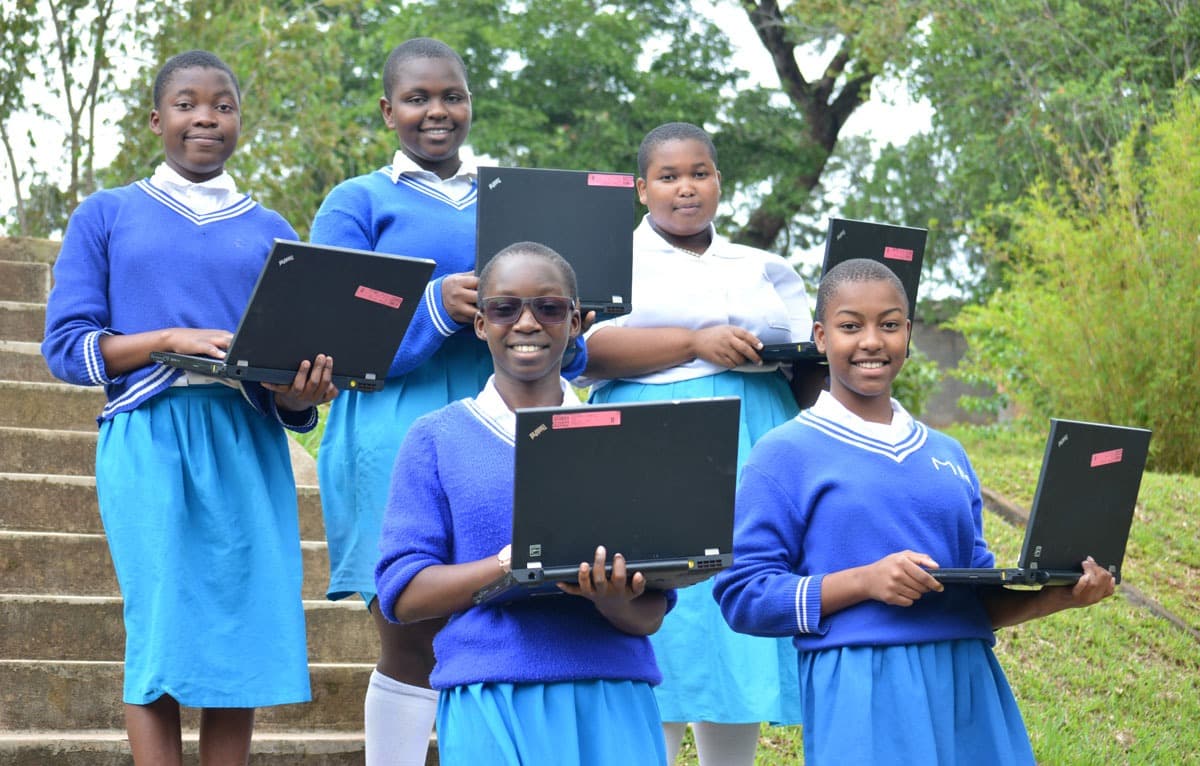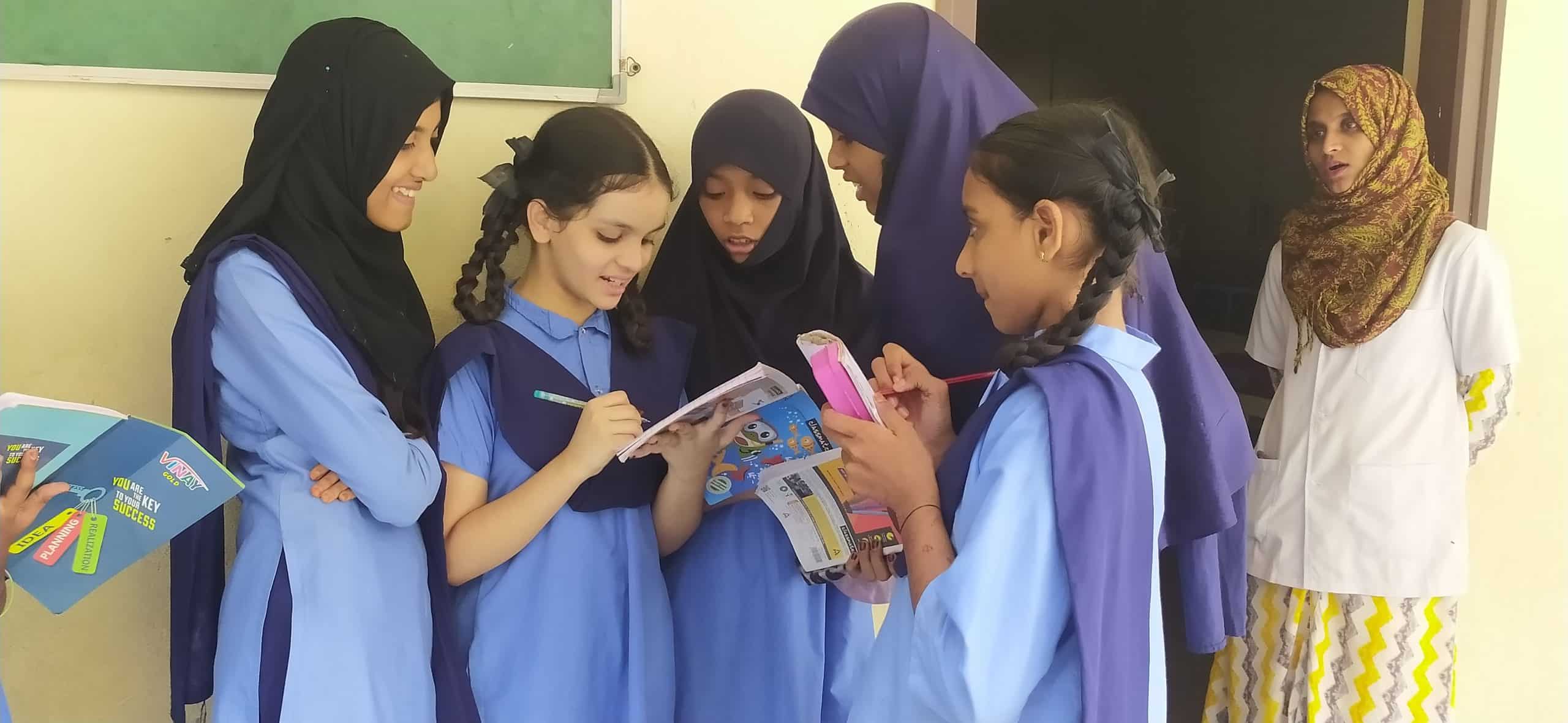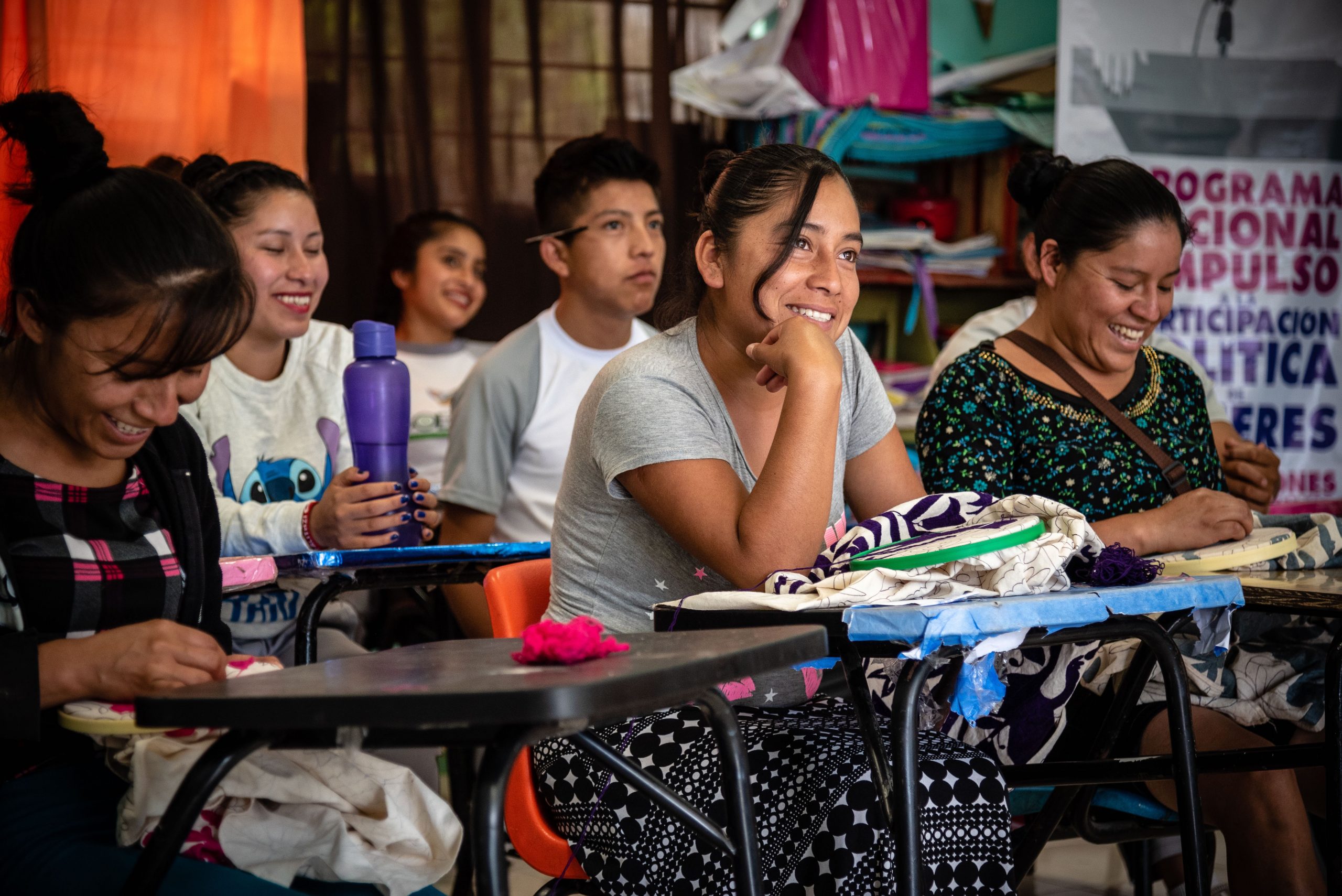Project Type: Women & Girls Empowerment
-
Expanding Opportunities in India with Barefoot College International
Employment Opportunities for Women Worldwide The World Bank estimates that globally, over 2.7 billion women are legally restricted from having the same job options as men. To provide people in low-resource contexts with the skills to thrive in the future – especially women – education is a critical development goal that goes beyond foundational skills…
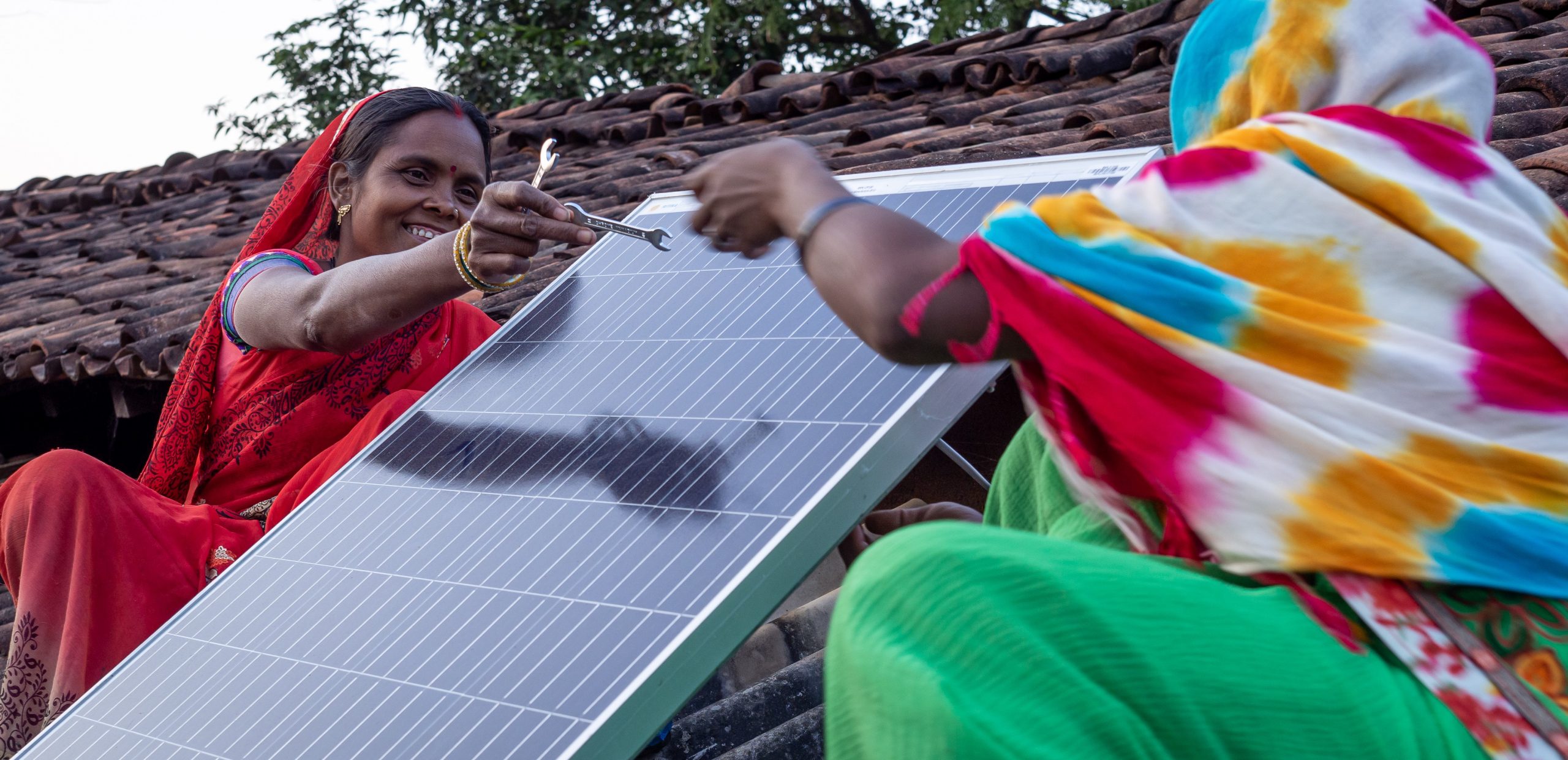
-
Digital Literacy in Uganda with Far Away Friends
The Poverty Cycle in Rural Uganda While talent is distributed equally, opportunity is not. For children growing up in rural Uganda, where 75% of children will not continue onto high school, and 1 in 4 girls will become pregnant by age 19, this harsh reality keeps children locked in cycles of generational poverty. The Importance…
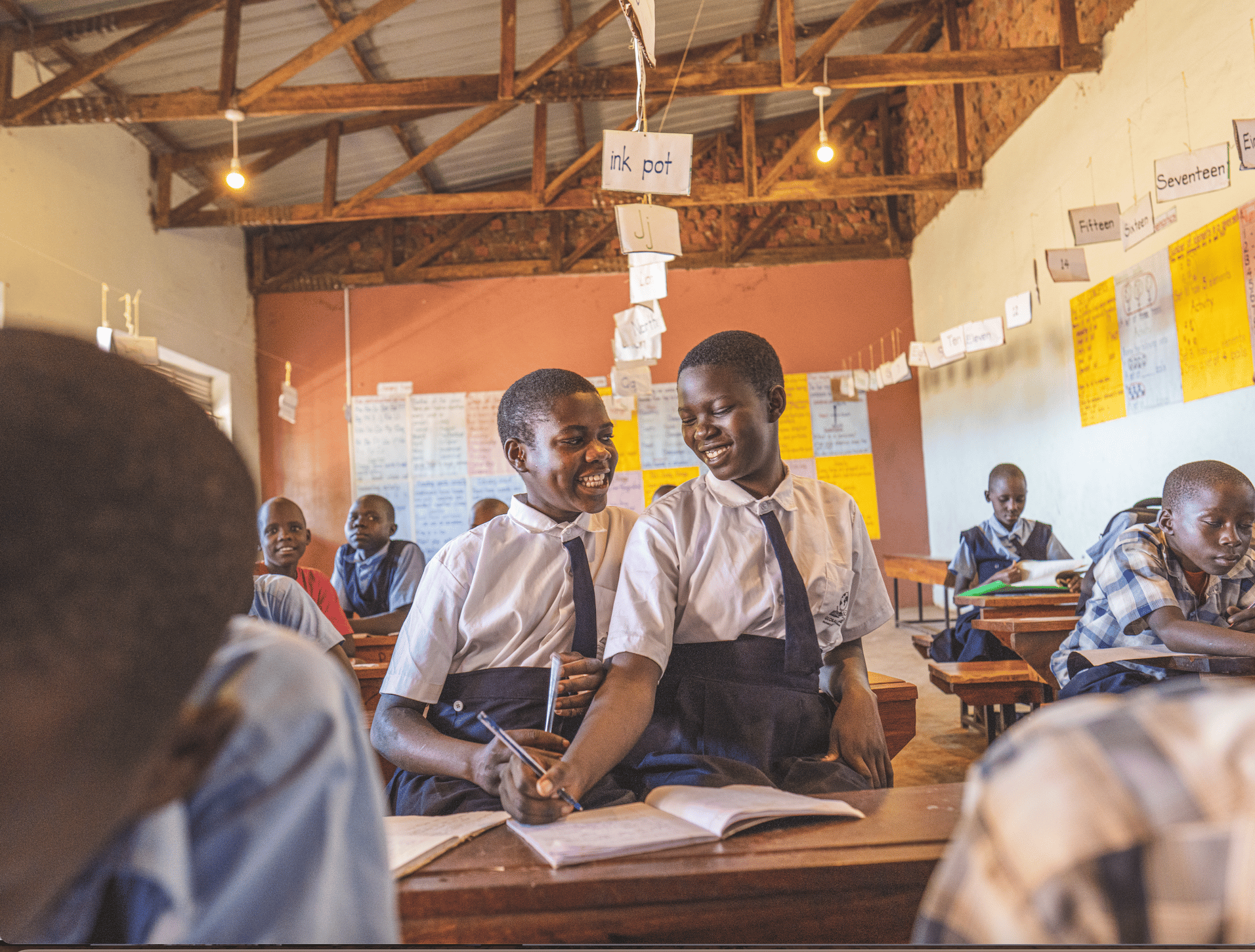
-
STEM Training in Ghana’s Education System with Africa ICT Right
Ghana’s Digital Divide Underserved communities in Ghana face significant challenges in providing children and adolescents with the accessibility to personal computers, mobile phones, and internet technologies as the distribution of these tools are critical. Even more, UNICEF estimates that 2 in 3 children and young people aged 25 years or less do not have internet…
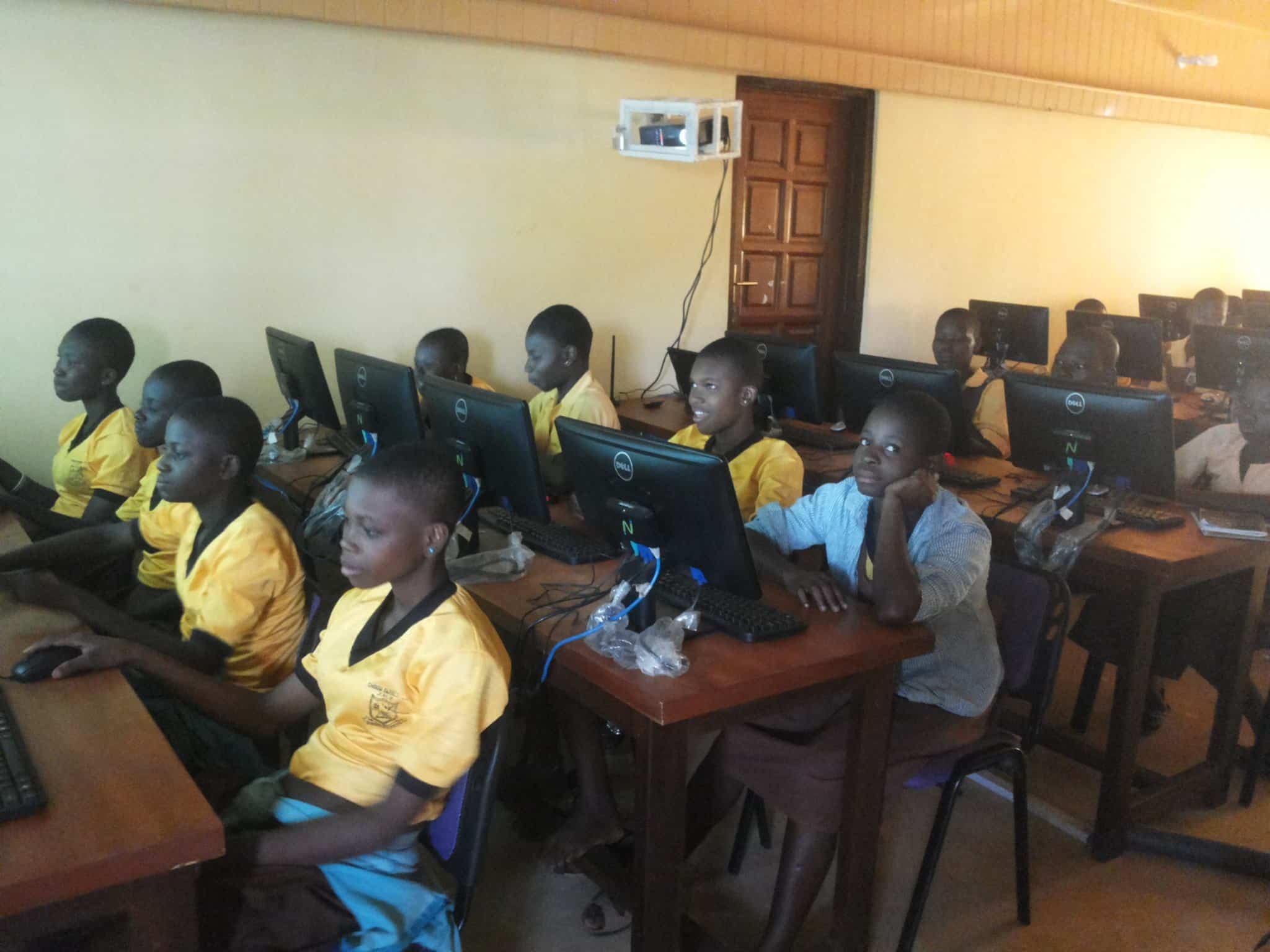
-
Scaling literacy and STEM for Girls in India with Learning Links Foundation
Digitizing Curriculum in STEM for girls in India: Foundational reading and mathematics skills are necessary for early learners to build life-long learning habits. In India, children in early primary school (grades 1-3) experienced almost two years of learning loss due to Covid. Many of these learners already struggled to read by age 10 even before…
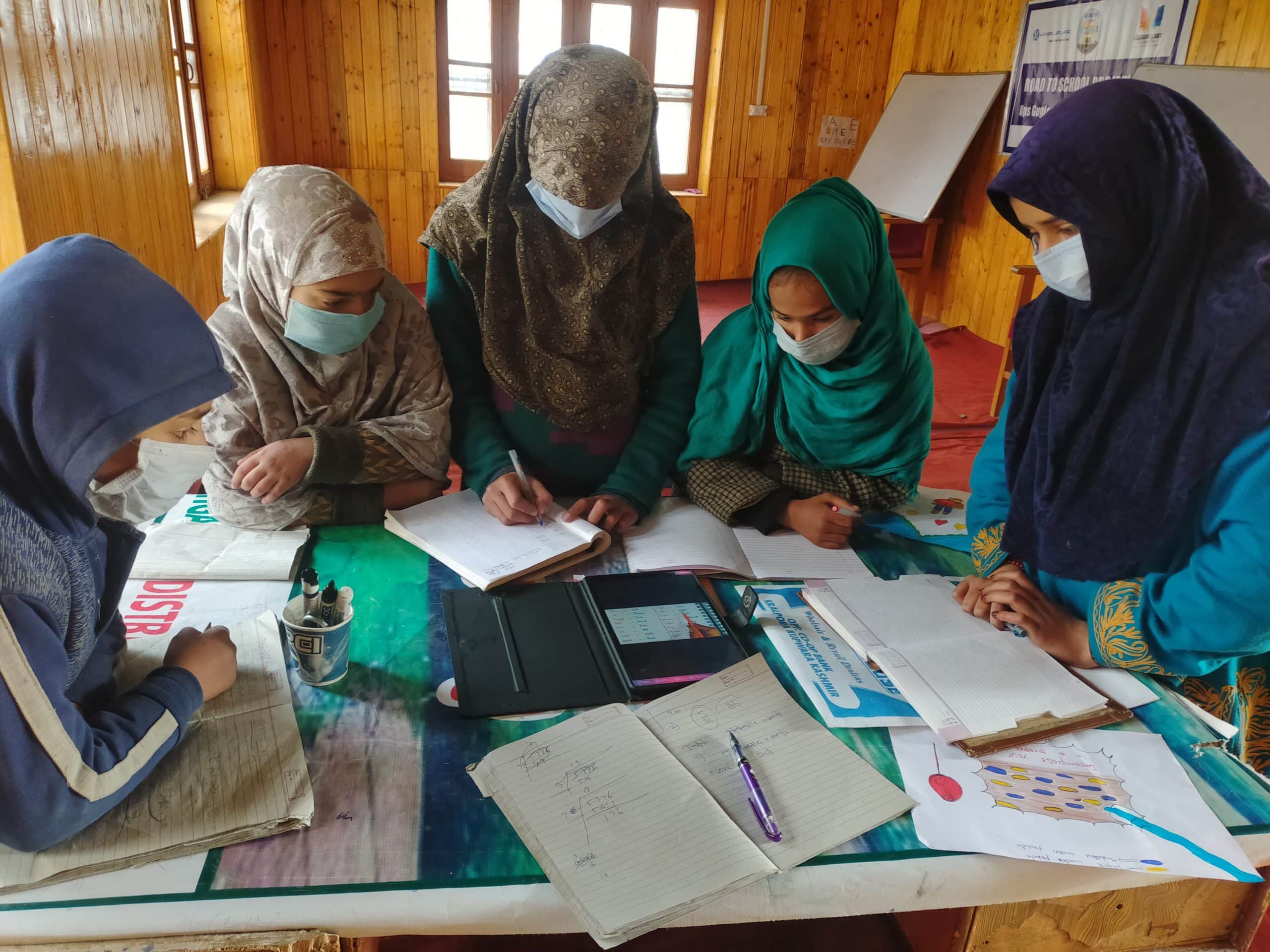
-
University Internship for EdTech with Gashora Girls Academy, TEC, and CYD
Virtual Internship Opportunity for Undergraduate Students During the summer of 2021, Team4Tech partnered with Middlebury College, University of California at Davis, and Dartmouth College to provide a unique and impactful virtual summer internship for students interested in ed tech. The internship cohort included 15 students who worked with three of our nonprofit partners: the Gashora…
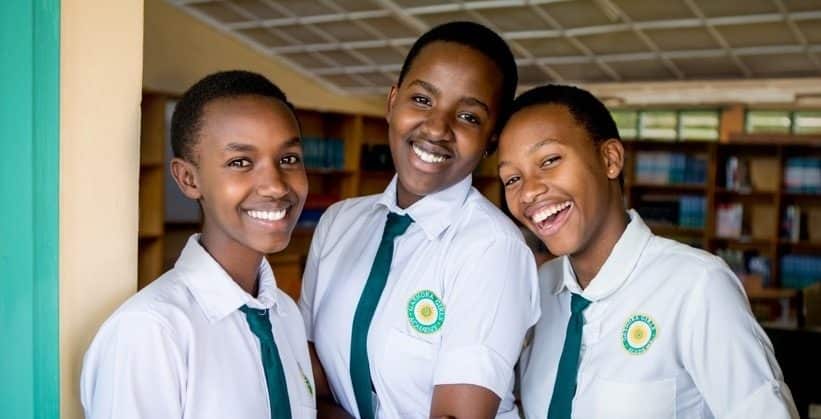
-
Impacting Access to STEM for Women in Uganda with WITU
Employment for Women and Girls in Uganda Over 60% of the population in Uganda is below the age of 30, and 74% of Ugandans between the ages of 15-25 are unemployed. The majority of them are young women who have either dropped out of school or did not acquire quality education due to poverty. Even…
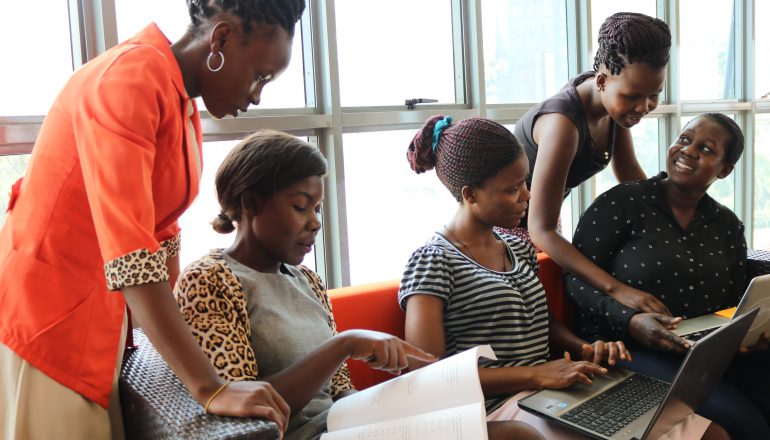
-
Digital Literacy in Liberia with EDUCARE
School Closures and Education Access in Liberia The Liberian education system is emerging from long-standing impacts from the war. More recent school closures due to the Ebola Viral Disease (EVD) oubreak and COVID-19 pandemic continue to take a toll on the fragile education system. Only 54% of children complete primary education. For those children who…
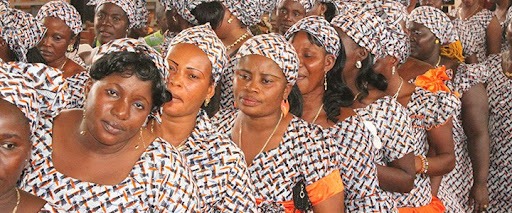
-
STEM Education in Malawi with the Centre for Youth and Development
Digital Education Gap in Malawi According to the World Bank Human Capital project, a child born today in Malawi will be only 41 percent as productive as they could potentially be if they enjoyed complete and quality education and full health. Children in Malawi can expect to complete about nine years of schooling by age…
